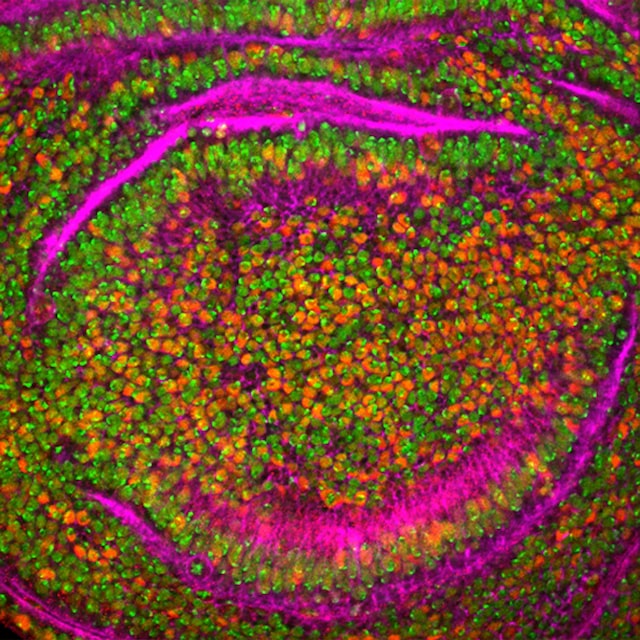Cancer claims the lives of more than 10 million people per year. Still, deaths caused by cancer are on the decline, decreasing by 33% since 1991. While underreported during the pandemic, cancer remains of the leading causes of cancer worldwide, claiming more lives than COVID-19.
Younger People Are Getting Cancer
While deaths have declined, a new demographic appears to be at risk. Individuals between 30-60 have increased substantially since the 1990s. That’s notable; cancer historically has impacted individuals over the age of 60 at substantially higher rates. Cancer rates for the following types gave increased across all ages 3-59:
- Breast
- Colon
- Esophageal
- Gallbladder
- Kidney
- Liver
- Pancreas
- Prostate
- Stomach
- Thyroid
What Causes Cancer in Young People?
There is no specific correlation linked to the rise in earlier cancer diagnoses, but the most common cancer causes are likely to play a role. Lifestyle habits such as diet, exercise, smoking, obesity, and other factors play contributing roles.
Today’s ultraprocessed diet, sedentary lifestyle and environmental exposure to air pollution have made cancer a significant statistical possibility for individuals in their 20s, not 50s or 60s, as has been the case historically.
Related: 3M to Phase Out PFAS by 2024
How Young People Can Prevent Cancer
The best way to prevent cancer early in life – and late – is to be proactive.
Know your family history – Ask questions about your family’s history of cancer and other disease and tell your doctor. Understanding hereditary cancer risks can help you watch for symptoms and get tested as early as possible.
Reduce ultraprocessed food intake – A recent study found that even incremental increases in ultraprocessed food intake also increase the risk of cancer. Avoid eating chips, deli meat, crackers, soups and other manufactured foods. If it came in a box or has a shelf life longer than a week, it’s likely processed.
Check yourself – Self-examinations can help you identify early signs of tumors, especially for melanoma, breast cancer, testicular cancer and others. Learn the A, B, C, D, E method for examinations and talk to your doctor if you have questions.
Get screened – Most cancer screenings are based on age, although a family history of cancer and other risk factors may be enough for your doctor to order screenings early.
Cancer Prevention is the Best Medicine
It’s never too early – or late – to make cancer prevention and risk reduction a part of your family’s focus. Prioritizing healthy foods, plenty of activities, and regular preventative care saves lives. Less Cancer is proud to play a role in getting individuals and families moving – support our work today.


Leave A Comment
You must be logged in to post a comment.